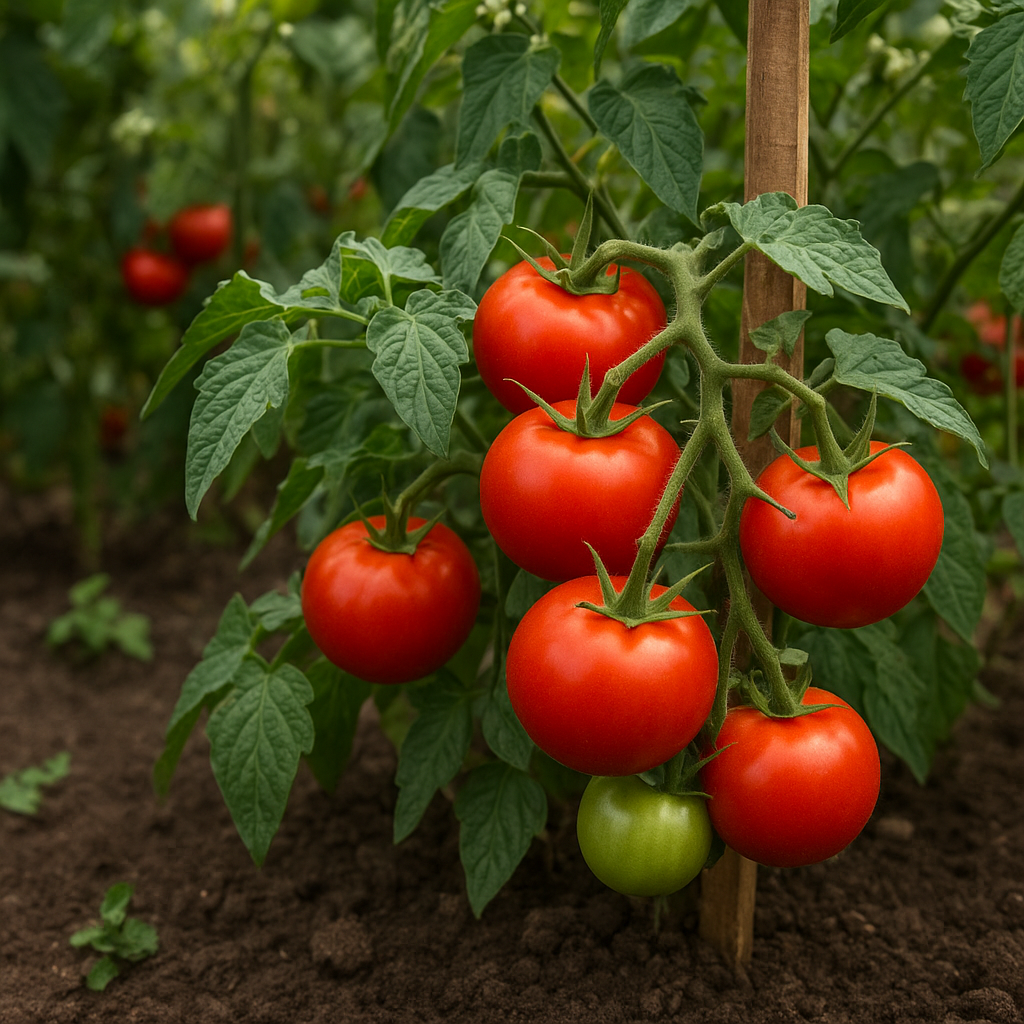The impact of global trade on local farming economies is a multifaceted issue that has garnered significant attention in recent years. As countries become increasingly interconnected through trade agreements and globalization, local farmers face both opportunities and challenges that can profoundly affect their livelihoods. This article explores the various dimensions of this impact, examining how global trade influences local farming practices, market access, and economic sustainability.
Understanding Global Trade and Its Mechanisms
Global trade refers to the exchange of goods and services across international borders. It encompasses a wide range of activities, from the export of agricultural products to the import of foreign goods. The mechanisms of global trade are facilitated by trade agreements, tariffs, and international regulations that govern how countries interact economically. These frameworks can significantly influence local farming economies by altering market dynamics, pricing structures, and competition levels.
The Role of Trade Agreements
Trade agreements play a crucial role in shaping the landscape of global trade. Bilateral and multilateral agreements can open up new markets for local farmers, allowing them to export their products to a broader audience. For instance, agreements like the North American Free Trade Agreement (NAFTA) and the Comprehensive and Progressive Agreement for Trans-Pacific Partnership (CPTPP) have provided farmers with access to larger markets, potentially increasing their sales and profitability.
- Market Expansion: By reducing tariffs and trade barriers, these agreements enable farmers to reach consumers in other countries, which can lead to increased demand for their products.
- Competitive Pricing: Access to international markets can also lead to more competitive pricing, benefiting consumers but potentially challenging local farmers who must compete with larger, often subsidized, foreign producers.
Challenges Posed by Global Trade
While global trade can offer opportunities, it also presents significant challenges for local farming economies. Increased competition from foreign producers can lead to market saturation and price volatility, making it difficult for local farmers to maintain their livelihoods.
- Price Pressure: Local farmers may struggle to compete with lower-priced imports, which can lead to reduced profit margins and, in some cases, financial instability.
- Dependency on Global Markets: A reliance on global markets can make local economies vulnerable to international economic fluctuations, trade disputes, and changes in consumer preferences.
The Economic Impact on Local Farming Communities
The economic impact of global trade on local farming communities is profound and can be observed in various aspects of rural life. From employment opportunities to community sustainability, the effects of global trade are far-reaching.
Employment Opportunities and Job Displacement
Global trade can create new employment opportunities in local farming communities, particularly in sectors that focus on export-oriented agriculture. However, it can also lead to job displacement as local farmers struggle to compete with larger agribusinesses that benefit from economies of scale.
- Job Creation: Export-oriented farming can lead to the creation of jobs in processing, packaging, and distribution, providing new avenues for employment in rural areas.
- Job Loss: Conversely, small-scale farmers may find it challenging to sustain their operations, leading to job losses and economic decline in communities that rely heavily on agriculture.
Community Sustainability and Resilience
The sustainability of local farming communities is often threatened by the pressures of global trade. As local farmers face competition from international markets, the traditional farming practices that have sustained communities for generations may be at risk.
- Loss of Traditional Practices: The push for higher yields and profitability can lead to the abandonment of sustainable farming practices, which can have long-term consequences for soil health and biodiversity.
- Community Disintegration: Economic pressures can lead to the disintegration of rural communities as farmers leave their land in search of better opportunities elsewhere, resulting in a loss of cultural heritage and community identity.
Strategies for Local Farmers in a Globalized Economy
To navigate the complexities of global trade, local farmers can adopt various strategies that enhance their competitiveness and sustainability. These strategies can help them thrive in an increasingly interconnected world.
Diversification of Products
Diversifying agricultural products can be an effective strategy for local farmers to mitigate risks associated with global trade. By growing a variety of crops or raising different types of livestock, farmers can reduce their dependency on a single market and increase their resilience to price fluctuations.
- Value-Added Products: Farmers can also explore value-added products, such as organic or specialty items, which can command higher prices in both local and international markets.
- Agro-Tourism: Engaging in agro-tourism can provide additional income streams while promoting local agriculture and attracting visitors to rural areas.
Building Stronger Local Networks
Establishing stronger local networks can enhance the resilience of farming communities. By collaborating with other farmers, local businesses, and consumers, farmers can create a supportive ecosystem that fosters economic sustainability.
- Cooperatives: Forming cooperatives can enable farmers to pool resources, share knowledge, and access larger markets collectively, thereby increasing their bargaining power.
- Community Supported Agriculture (CSA): Implementing CSA programs can strengthen the connection between farmers and consumers, ensuring a steady income for farmers while providing fresh produce to local communities.
Conclusion
The impact of global trade on local farming economies is a complex interplay of opportunities and challenges. While global trade can open new markets and create employment opportunities, it also poses significant risks to the sustainability of local farming practices and community resilience. By adopting strategies such as diversification and building stronger local networks, farmers can navigate the challenges of a globalized economy and work towards a more sustainable future for their communities. As the world continues to evolve, the importance of supporting local farming economies remains paramount in ensuring food security and preserving cultural heritage.




